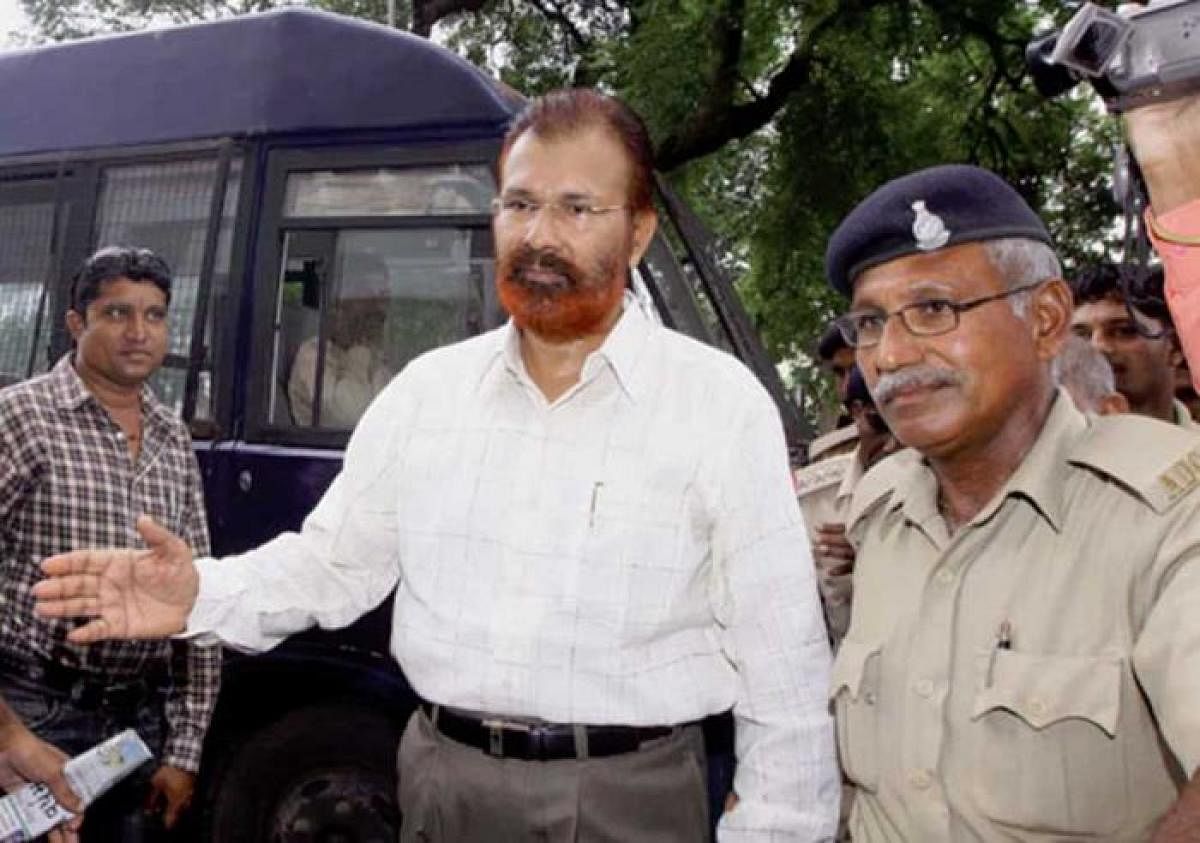
Responding to the applications of ex-policemen D G Vanzara and Narendra Amin requesting the court to drop their names from the Ishrat Jahan encounter case in view of denial of sanction to prosecute them, the Central Bureau of Investigation (CBI) on Wednesday told the special court "to deal with the applications as per the law."
The CBI neither opposed nor supported the pleas of the two ex-policemen and left everything to the court to decide. While the CBI made this submission, lawyer for Shamima Kauser, mother of Ishrat Jahan, approached the special judge J K Pandya requesting time to file an application against the pleas of accused. He said that Kauser has objection to the applications of Vanzara and Amin.
The ex-cops vehemently opposed Kauser's lawyer on the ground of delay and said that she doesn't have any locus. Vanzara's lawyer V D Gajjar told the court that complainant (Kauser) can only assist the prosecution as the law does't give her any special privilege. Following the brief arguments, special judge Pandya accepted the application of Kauser's lawyer and directed him to file the reply and advance argue simultaneously on March 9. The judge said that everybody should be given equal opportunity to put up their arguments so that the case gets decided on merit.
Earlier, Gajjar and Amin had argued that since state government has denied the sanction under section 197 of code of criminal procedure (CrPC), that requires prior sanction for prosecuting government servants, the case should be dropped against them.
The state government has refused to sanction prosecution this two ex-policemen citing "larger public interest". It said that "...from records placed by CBI, it transpires that the deceased Ishrat Jahan was member of Lashak-e- Toiba... Lahore-based Ghazwa Times, mouthpiece of Lashkar-e-Toiba, had claimed her as woman activist of the Lashakar-e-Toiba."
In the letter to CBI, state government wrote, "Government of Gujarat is satisfied that Vanzara should be protected against malicious and vexatious prosecution in this case and the said protection is made extendable to him in larger pubic interest."
The letter went on to say that the government examined the case in view of several judgments of Supreme Court that say, "public servant should not be exposed to criminal prosecution which are based on malicious foundation."
One of the grounds for not granting sanction for prosecution is that the investigation carried out by Gujarat High Court-appointed-special investigation team (SIT) or even by CBI could not prove the motive behind killing Ishrat and others. The state government also gave "clean chit" to Vanzara on the ground that he was not on the scene of offence.
In June 2004, apart from Ishrat Jahan and Javed Sheikh, two alleged Pakistani nationals-Zeeshan Johar and Amjadali Rana- were also killed in the outskirts of Ahmedabad. The police had branded them as Lashkar-e-Toiba operatives who were on a mission to kill the then chief minister Narendra Modi.
The CBI probe established that these four were in the custody of accused Gujarat police and Intelligence Bureau officers prior to the alleged encounter. The CBI chargesheet claims that the four were killed in a stage managed encounter.